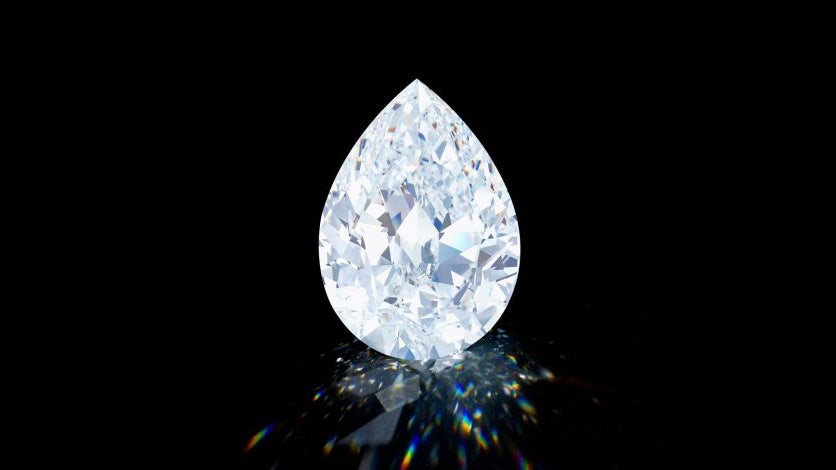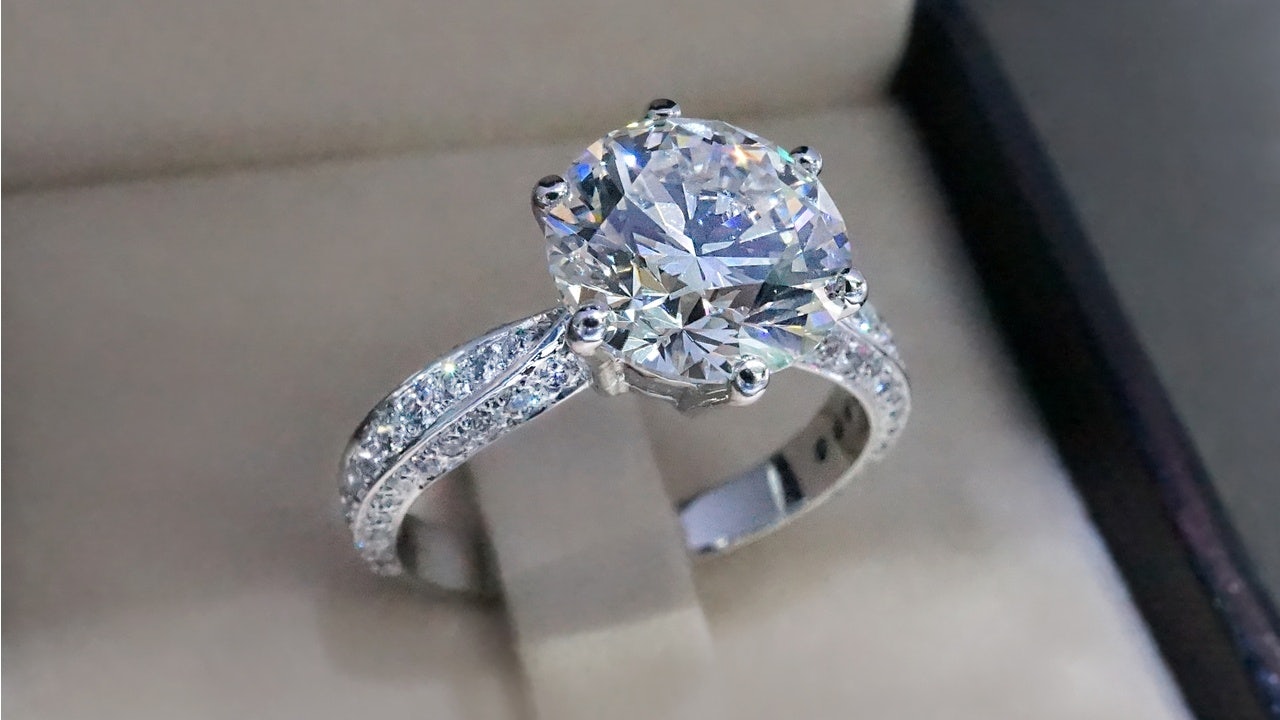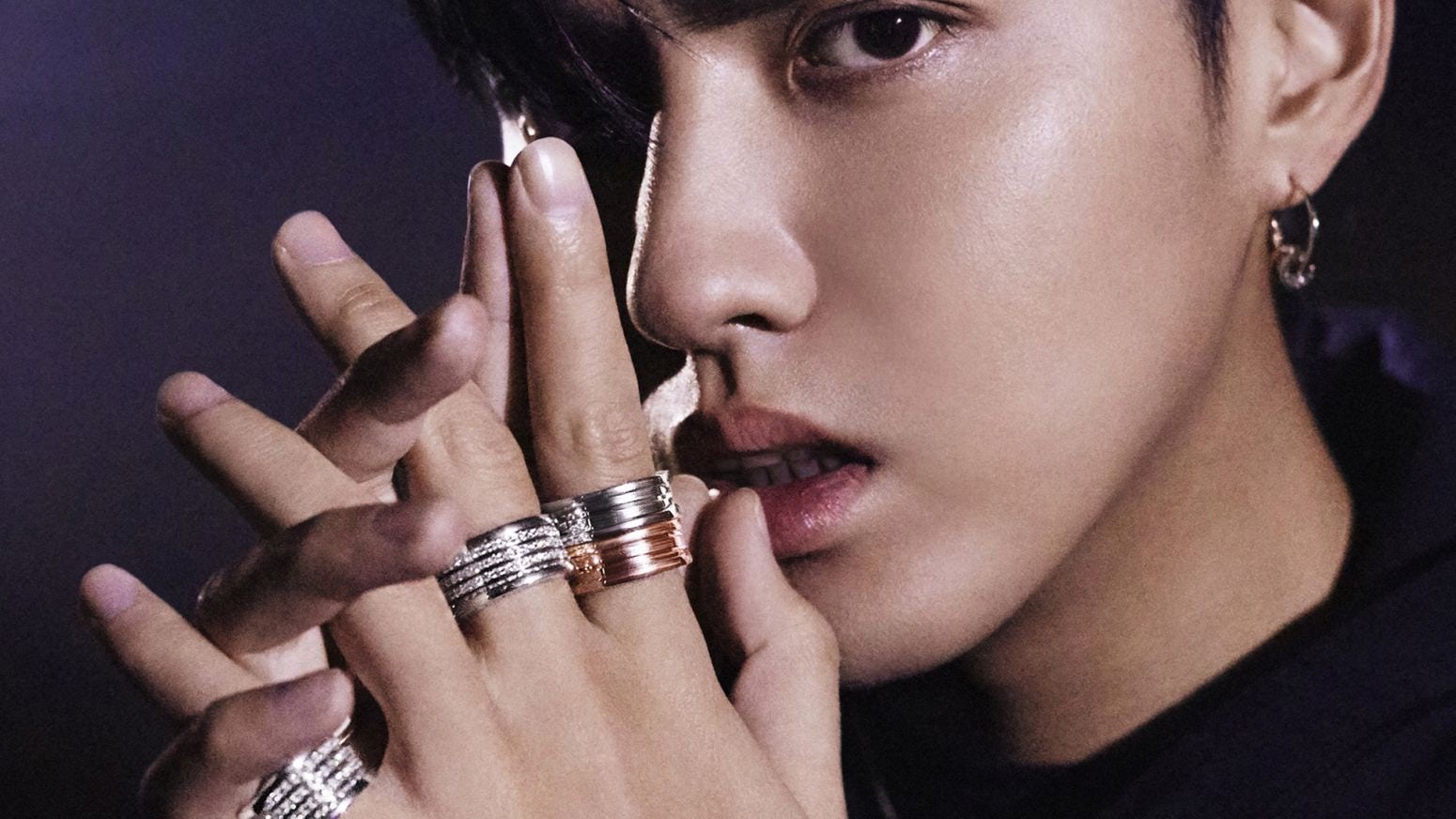Key Takeaways:#
Many young and socially-conscious consumers have expressed increasing concern over “blood diamonds.”
In 2018, the World Federation of Diamond Bourses listed Shanghai as a top world diamond hub.
A study conducted by the research and advisory firm Forrester Consulting showed that up to 40 percent of clients who pay with crypto are new brand customers.
Asset-backed cryptocurrencies are gaining momentum. But until recently, diamonds have not caught the attention of investors because they tend to lose their resale value. And the arrival of sustainable, lab-grown diamonds has hurt the diamond trade even more. Additionally, young and socially-conscious consumers have expressed increasing concern over “blood diamonds.”
Ethical consumerism has begun trending — even in China. Therefore, diamond sellers know there is a strong need to build strategies that re-engage customers for better retention.
So far, offering decentralized payment options has proved to be a great customer experience strategy. Not only do cryptocurrencies appeal to younger demographic groups that are more comfortable participating in the digital economy, but they also create a more transparent, secure, and fair diamond market. Instead of secretly enriching merchants, retailers, third-party sellers, or financial intermediaries, cryptocurrencies offer consumers direct and transparent transactions.
China is a complex market where the diamond trade is strong but has its own set of challenges. For example, synthetic diamonds and “fake” gems are very common. However, online platforms like JD.com and retailers like Chow Tai Fook have tried to crack down on fake diamonds.
For instance, JD.com has partnered with the independent technology company Everledger and the Gemological Institute of America (GIA) to “help increase trust and transparency in diamond provenance,” according to a JD.com press release. And Chow Tai Fook partnered with Everledger to sell its T MARK line, in which diamonds are engraved with traceable codes that offer information about the gems.
For the past decade, China has maintained its impressive position as the second-largest market for diamond consumption. And in 2018, the World Federation of Diamond Bourses (WFDB) listed Shanghai as a top world diamond hub.
Before the COVID-19 pandemic, the import of net polished diamonds through the Shanghai Diamond Exchange (SDE) saw a significant jump, registering an annual increase of 27 percent from 2002 to 2018, according to diamonds.net. A favorable tax policy adopted by the SDE in 2006 also helped the diamond trade. And more recently, the love-related gifting trend and the self-purchase trend promoted by Chinese millennials and Gen Zers have further skyrocketed sales.
Given the financial potential of younger Chinese consumers and their astounding spending habits, it is hardly surprising that diamond sellers have turned to cryptocurrencies.
For its live auction, Diamonds: The Dazzling, Sotheby’s announced that it will accept payments of Ether, Bitcoin, or USD Coin facilitated through Coinbase Commerce. But this instance is hardly the first time Sotheby’s offered diamonds for public purchase with cryptocurrency.
Last July, a 101-carat diamond broke records by becoming the most expensive jewel ever purchased with cryptocurrency, according to Sotheby’s and CNN. The remarkable diamond, named "The Key 10138," was purchased by an “anonymous private collector” for the equivalent of 12.3 million.

As per the auction house press statement, Sotheby's deputy chairman for jewelry in Asia, Wenhao Yu, said the sale brought in "new clients well beyond the traditional pool of collectors," adding that cryptocurrency purchases appealed to a "digitally-savvy generation.”
A study conducted by the research and advisory firm Forrester Consulting titled “The Total Economic Impact#x2122; Of Accepting Bitcoin Using BitPay" showed that up to 40 percent of clients who pay with crypto are new customers. Moreover, the amount Bitcoin users spend is twice that of credit card users. And lastly, there isn’t the risk of credit card fraud or identity theft with Bitcoin.
Sure enough, blockchain-based cryptocurrencies offer an added level of security that is not available with traditional payment methods. Therefore, buying expensive jewelry and gems with crypto offers consumers greater protection. Additionally, cryptocurrencies benefit users with a level of privacy that cash and credit card transactions cannot reach. Plus, anonymous transactions are in demand in countries like China, where the party disapproves of luxury indulgences and promotes legislation to combat wealth inequality.
Soon enough, because of the spendthrift Chinese millennials and Gen Zers, the diamond trade will get further incorporated into the global digital economy, leading crypto payments like bitcoin and Ethereum to become the norm rather than rarities.

